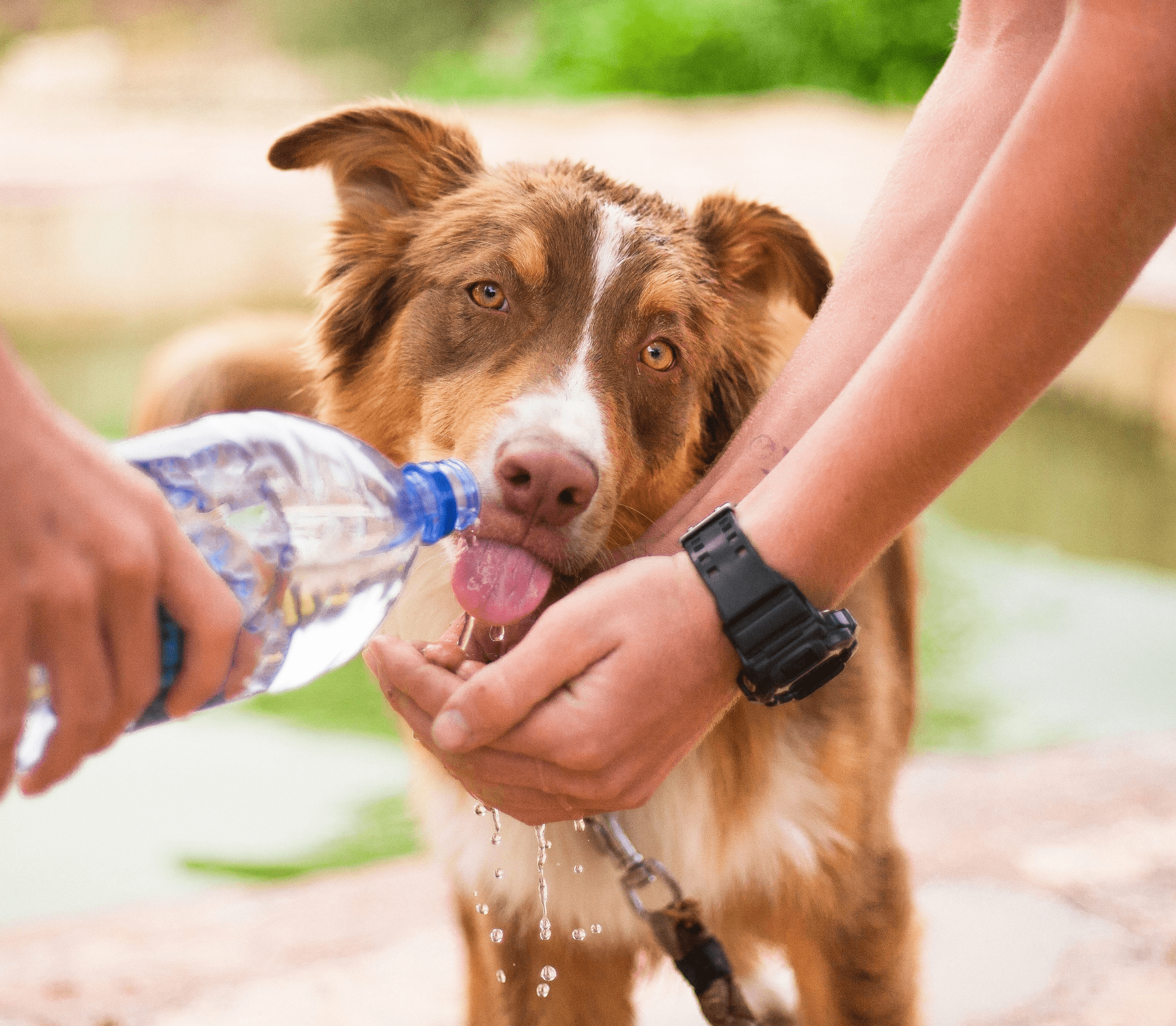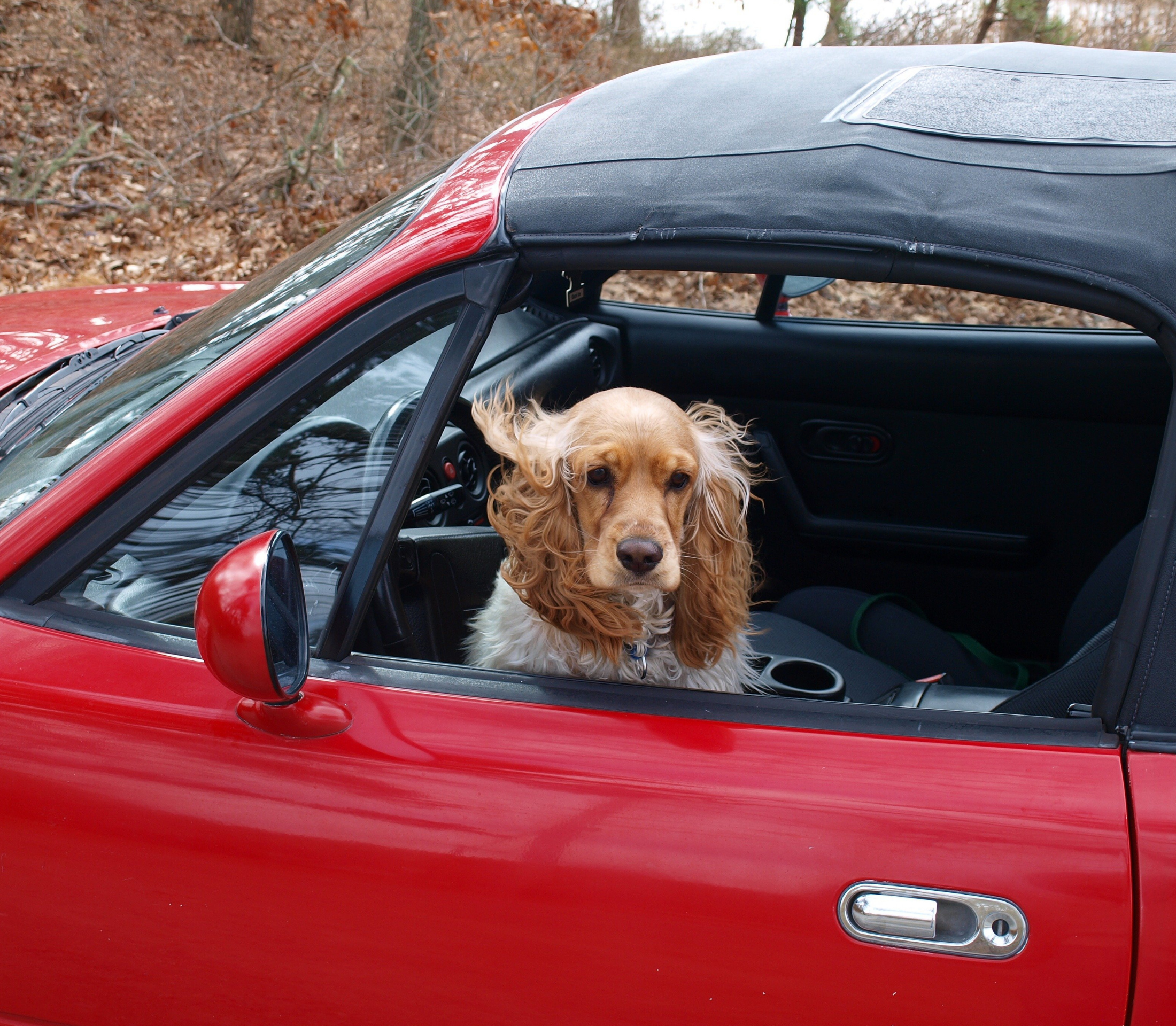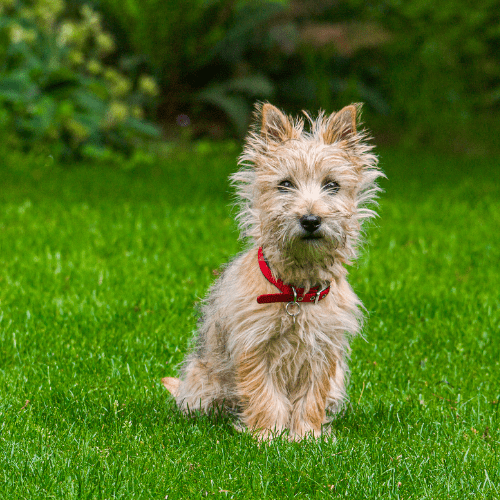Hidden Household Dangers For Pets
Pets are very curious, which is one reason they are so much fun. However, they also have a knack for chewing, eating, and playing with things. That can be dangerous! Many people are aware of some of the more commonly-known hazards, such as chocolate. However, there may also be many lesser known dangers lurking in your home. A Washington DC vet lists a few of the hidden hazards you may not know about in this article.
Salt Lamps
Salt lamps have become very popular in the last few years. Unfortunately, some pets—usually cats—like the taste of the salt, and will lick them. This can cause salt poisoning, which can be fatal. Keep the lamps in spots that your feline pal can’t reach.
Trash
The trash can contain all sorts of hazards, such as plastic bags, can lids, food wrappers, bones, toothpicks … the list goes on. If your dog is tall enough to get into the garbage, use a can that closes securely.
Plants
Many popular plants are toxic to our furry friends. Lilies, for example, can be deadly to cats. (The ASPCA has a great website directory here.) It’s not uncommon for people to have small trees indoors, such as lemon, lime, or avocado trees. However, many of these can be dangerous. Avocadoes, for instance, are toxic to pets. Toxicity isn’t the only concern, though. The pits of cherries, plums, and peaches contain cyanide, which is definitely not something you want your pup eating. Sharper plants may pose a risk of eye injury, depending on where they are.
Medication
Almost any type of medication, whether prescription or OTC, should be considered dangerous to our furry friends. Pill bottles and pockets are also just the right size for Fido to try to chew them.
Vitamins
Vitamins are generally something that you would consider healthy. However, many vitamins are only safe in small amounts. Vitamin A, for example, becomes toxic in large doses.
Toys
Both dogs and cats are playful and curious, and are often drawn to things like stuffed animals or other small toys. This is also quite dangerous. Many of these products can pose choking or entanglement risks, and can cause serious internal injuries if swallowed.
Please do not hesitate to contact us with questions or concerns about your pet’s health or care. As your Washington DC animal clinic, we are here to help!



